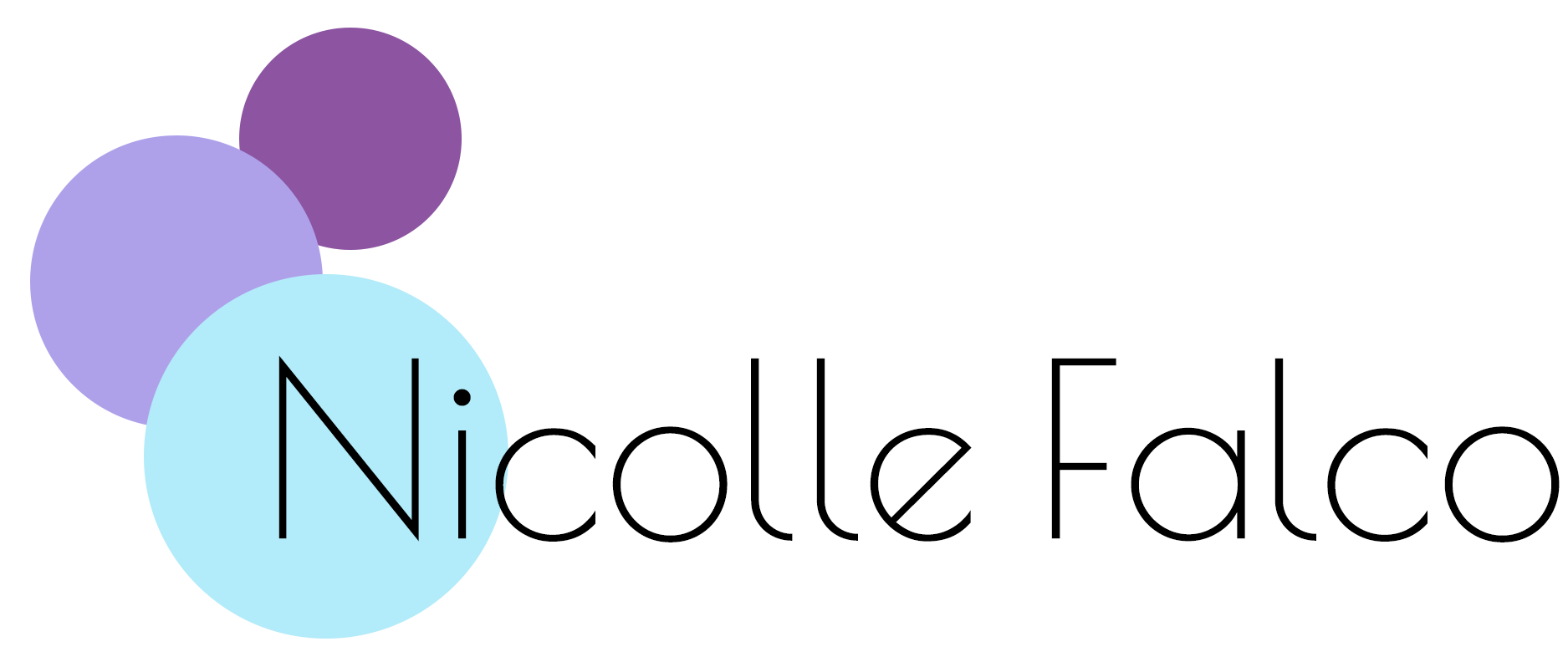Relationships are an important aspect of our lives. They can bring us joy, support, and companionship. However, as with any aspect of life, relationships can also be challenging and present difficulties that can be difficult to navigate on our own. That is where relationship therapy comes in. In this article, we will discuss some of the most common relationship challenges, when it’s time to seek help, forms of approach used in therapy, and what you can expect from therapy.
Relationship Challenges
Some of the most common relationship challenges that individuals and couples face include:
- Communication breakdown: Lack of communication or misunderstandings can lead to feeling unheard, unimportant, and frustrated.
- Infidelity: Infidelity can cause emotional pain, loss of trust, and relationship instability.
- Differences in values and beliefs: Different opinions, values, and beliefs can lead to disagreements, arguments, and emotional distance.
- Intimacy issues: Difficulty connecting emotionally and physically can result in feelings of disconnection and dissatisfaction in the relationship.
When To Seek Help
If you are struggling with any of the above challenges or any other difficulties in your relationship, it may be time to seek help from a relationship therapist. Here are some signs that it may be time to reach out for help:
- You and your partner are constantly arguing and can’t seem to find common ground.
- You feel like your emotional and physical needs are not being met.
- You feel like your partner doesn’t understand or value you.
- You are considering ending the relationship.
Forms of Approach
There are several approaches used in relationship therapy, including:
- Cognitive-behavioral therapy: This approach focuses on identifying and changing negative thought patterns and behaviors that may be contributing to relationship difficulties.
- Emotionally focused therapy: This approach emphasizes emotional expression and the importance of emotional connection in relationships.
- Imago relationship therapy: This approach emphasizes the role of childhood experiences in shaping our adult relationships.
- Family systems therapy: This approach focuses on the family as a system and how relationship difficulties can be influenced by the dynamics within the family.
What to Expect from Therapy
In therapy, you will work with a trained professional who will help you and your partner explore and understand the challenges you are facing in your relationship. The goal of therapy is to help you identify and address the underlying issues, develop new communication skills, and deepen your emotional connection.
It is important to note that therapy is not a quick fix and will require effort and commitment from both partners. However, with dedication and hard work, therapy can help you build a stronger, healthier, and happier relationship.
In conclusion, if you are facing challenges in your relationship, seeking help from a relationship therapist can be a positive step towards growth and healing. Whether you are looking to improve communication, build a deeper emotional connection, or work through past trauma, relationship therapy can help you achieve your goals.

